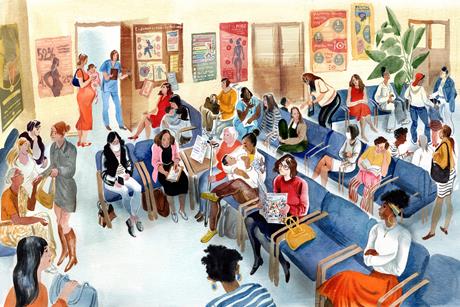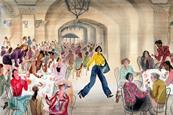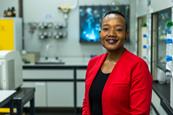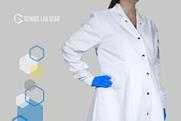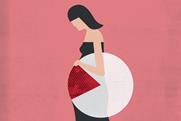Women's health
Many medical conditions affect only women, or affect them disproportionately, but women’s health has historically been neglected in medical research. In this collection, we look at the gender gap in health and drugs, how treatments for menopause are slowly changing and what we’re finding out about period products.
Fixing medicine’s gender gap
For centuries, the default subject in medicine research and training has been the male. Julia Robinson talks to the scientists and clinicians trying to improve things for the other 51% of humanity
Managing the menopause
The end of ovulation will affect almost all women, but current treatments could be improved. Rachel Brazil reports on the efforts to find a better solution
How safe and sustainable are period products?
Millions of people around the world use period products every month. Bárbara Pinho finds out what their environmental footprint is and whether they carry chemicals harmful to human health
Improving women’s health research will benefit everyone
Fixing the inequality is morally just, and economically sound
The women-led health projects doing things differently
Innovative approaches to awareness and participation
Women are not just another confounding factor in drug development
Ignoring physiological differences between the sexes is indefensible
How feminist bioethics can improve women’s health
From correcting research imbalances to placing value on lived experiences
Robyn Norton: ‘We needed to make sure that women were included’
The pioneering global health researcher on the importance of including women in medical research, face-to-face networking and kindness
Time off for menstruation is a good idea. Period.
Menstrual leave can improve working conditions for all employees
Workplace support for menstruation and menopause
The chemical industry and universities are doing more to give chemists what they need to manage their menstrual health
How Bathabile Ramalapa is making a place for chemistry in health innovation
The award-winning scientist is solving health problems in the global south and inspiring other girls to follow suit
The science of breast milk and baby formula
Nina Notman reveals how breast milk research is inspiring a new generation of infant formulas and opening the door to therapeutic advances
Hooray for milk
We’re still uncovering the secrets of breast milk, but what we know so far is fascinating
Letters: July 2025
Readers ponder polymorphs, period products, PFAS and more
The chemical industry is falling short on supporting women
Unless barriers are broken down, the future of the industry is unsustainable
First US state bans PFAS, other chemicals from period products
Vermont prohibits PFAS, phthalates, formaldehyde and more with other states pursuing similar restrictions
Everyone belongs in the chemical sciences
Speaking up to make our workplaces more inclusive
Maternity lab coat aims to close a gap in PPE market and end unsafe practices
Genius Lab Gear wants to stop trend of pregnant women creating Frankenstein lab coats with a tailored and adjustable lab coat
Learning about chemistry in prenatal class
Opportunities for infographics to contribute to health literacy
mRNA therapy might one day treat deadly pre-eclampsia in pregnant women
Therapy helped pregnant mice to regrow placental blood vessels
Relying on the h-index harms the careers of people who take career breaks
More holistic methods are needed to accurately assess the quality of a researcher’s work
